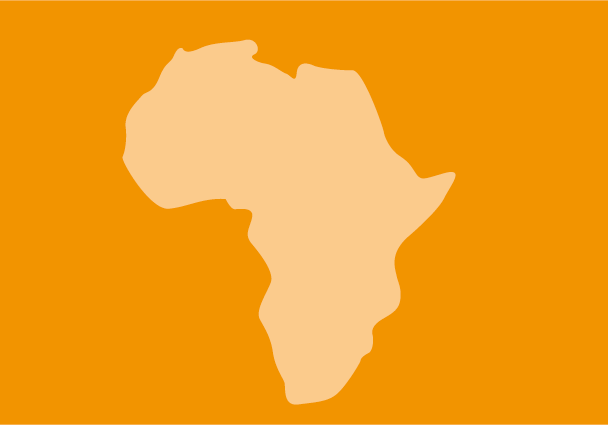Human Rights Council 5th Session, 11 – 18 June 2007. Informal Debate on the draft Code of Conduct (Rev.2) proposed by the African Group.
Mr. Ambassador,
The Human Rights Council has been mandated to assume a system of Special Procedures, with a view to improving them. Any institution-building or parallel initiatives, such as the proposed Code of Conduct, should fulfill this objective. Although the text of the draft Code of Conduct is substantially improved, the International Commission of Jurists still considers that changes are needed if it is to improve, and not reduce, the effectiveness of the system. We have the following concerns about the latest text:
Art. 1: The Code is still silent, in its operative part, on the obligation of governments to cooperate with special procedures, in relation to communications, visits and implementation of recommendations. This is fundamental. Obligation of governments to cooperate must be stipulated in the normative part of the Code, not in the adopting resolution.
Art. 2: The draft is ambiguous, as it does not stipulate that the UN Regulations Governing the Status of Experts on Missions will prevail should there be a conflict with the provisions of the Code of Conduct.
Art. 4: Experts should respect national legislation and regulations that are in accordance with applicable international standards.
Art. 5: It is far from clear how “truthfulness” will be interpreted by states, especially in polarized situations where a state disagrees with the conclusions of experts. Of course everyone in the Council must be “truthful”. But in such a Code existing terms, such as “objective” and “reliable”, are more appropriate.
Art. 6: The Code is also silent on the obligation of governments to provide information. Governments cannot challenge conclusions reached, as not-objective or unreliable, if they themselves have failed to cooperate and provide information.
Art. 8: The ICJ suggests that a reference to the protection of the sources of information be included.
Art. 9: The long list of criteria to assess whether special procedures should accept any communication are not appropriate, as they still look as if they are regulating a quasi-judicial procedure. Requirements such as that of having direct and reliable knowledge of the violations to represent the victims are unacceptable. It is up to the special procedures themselves – experts that are given the trust of the Council – to assess the quality of information they receive.
Art. 10: During a country visit, it is in the end up to a special procedure, in consultation with the government and the United Nations, to decide whether they require any particular security.
Art. 12: The Code should reaffirm that special procedures are able to issue public statements as and when they consider necessary, of course sharing these with the relevant governments.
Art. 14: The ICJ urges that the preventive character of urgent appeals be preserved, which necessarily requires that experts are able to send them immediately and directly to state authorities in capitals, while always also sending them to Permanent Missions.
To conclude, the ICJ reiterates its appreciation for the significant improvements in the draft Code of Conduct. However, further negotiations and improvements are needed.
Mr. Ambassador, I thank you.
code of conduct Special Procedures-non-judicial submission-2007 (full text, PDF)





